A perfect weekend trip is when you come back and still want to go again
- Tuesday, May 06, 2025, 14:18 (GMT+7)
A perfect weekend trip is when you come back and still want to go again
When the clock strikes 5 PM on a Friday, an invisible race begins. It is a race to break free from packed schedules, to escape the dusty city, and to reach a place filled with wind, the scent of grilled food, and the sound of laughter. But many return late Sunday night in a state of exhaustion, with messy luggage and nothing gained but a body more fatigued than before they left. Weekend trips, created to offer relief, can ironically end up draining us if not done wisely. So how do we make every weekend getaway feel complete without being worn out?
The key lies in preparation. Never underestimate the shortness of a two-day trip, and never overpack the itinerary trying to make the most of limited time. The most fulfilling weekend escapes often begin as early as the Monday before. Choose destinations within a three-hour journey from where you live, preferably without the need to switch between multiple modes of transport. For people living in big cities like Hanoi or Saigon, places within 150 kilometers are ideal. Not because they are the most beautiful, but because getting there does not exhaust your energy before the trip even begins. An informal survey from large travel communities shows that over 70 percent of people who returned tired from weekend trips had chosen destinations too far away or ones that involved too many transfers in a single day.
Avoid overnight buses and early morning flights. Waking at 3 AM to catch a 5 AM departure, only to doze off in transit or on arrival, is not the start of a relaxing trip. Instead, plan to leave when your body is most alert, typically after 7 AM on Saturday, with a calm mindset and full energy. The idea that leaving earlier means more time to explore is often misleading—what truly matters is the quality of the experience, not how many spots you can check off.
Resist planning your itinerary like a marathon. Many fall into the trap of over-scheduling, lining up a list like “visit this in the morning, eat there at noon, hike a mountain in the afternoon, and explore the night market afterward.” Fear of missing out on highlights turns a weekend break into something that feels like a business trip. A better approach is to select no more than two main activities each day. For example, a relaxed morning at the homestay, a light trek in the afternoon, and dinner at a proper time before turning in early. The next day, a single light activity like visiting a local market or having a scenic coffee is enough. One little-known truth: the more rest you give your body between moments of activity, the more you can savor each one.
Smart accommodation choices are crucial to a restful trip. Instead of picking a place solely for Instagrammable views, look for somewhere quiet, with good beds and walkable access to the center. A homestay with a comfortable mattress, stable hot water, and open space can be more valuable than a crowded place with a view. For couples or small groups, choosing a stay that includes a quality breakfast can also save the trouble of hunting for food on Sunday mornings, when most local eateries open late.
Packing light is an art. A well-organized 30-liter backpack offers far more flexibility than a bulky 20-kilogram suitcase. Choose clothes that are easy to wash and quick to dry, and skip excess accessories or heavy footwear. For short trips, one outfit for going out, one for sleeping, a pair of sneakers, and a pair of light sandals are often enough. Many people overpack out of precaution, but that only adds more work after the trip. A handy trick is to have a small bag with your skincare essentials and medication at the top of your backpack for quick access.
During the trip, try to maintain a routine close to your usual rhythm. If you usually eat breakfast at 7 AM, don’t delay until 10 just because you’re traveling. If you normally take a 30-minute nap, try to keep that habit. The human body follows a natural rhythm, and any sudden change depletes your energy fast. That’s why some people come back from just a two-day trip feeling like they hiked Everest.
Be the master of your journey rather than letting the journey master you. If you dislike crowds, don’t go somewhere just because it’s trending. If you enjoy sleeping in, don’t force yourself to wake up early just for a sunrise photo. A relaxing trip is one that gives you exactly what you need—not what others expect. Many young travelers report feeling burnt out after weekend trips simply because they tried to please their companions or follow social media trends.
A little-known yet effective tip is to book accommodation near your check-out point or transportation hub. This can save up to 30 minutes of transit and reduce the stress of departure. If traveling by motorbike, plan to head back at least an hour earlier than scheduled. The way home is usually more crowded, and your body more tired. Nothing ruins a trip like a rushed ride filled with anxiety.
Weekend trips often end on Sunday night, but how long their effect lasts depends on how you wrap them up. Always save 30 minutes to repack, rest, and if possible, take a warm shower, apply moisturizer, and go to bed early. A fresh start to the week comes easier when your body has had time to reset. It may seem minor, but this final touch marks the difference between a restorative getaway and a draining one.
There is no one-size-fits-all formula for the perfect weekend trip. But timeless principles remain: don’t rush, don’t force it, and don’t follow the crowd. A short but thoughtful journey will always leave a lasting impression. And when every trip ends with a better mood, deeper sleep, and renewed drive, that’s when you know you’re traveling the right way.

 CHECKIN.VN
CHECKIN.VN

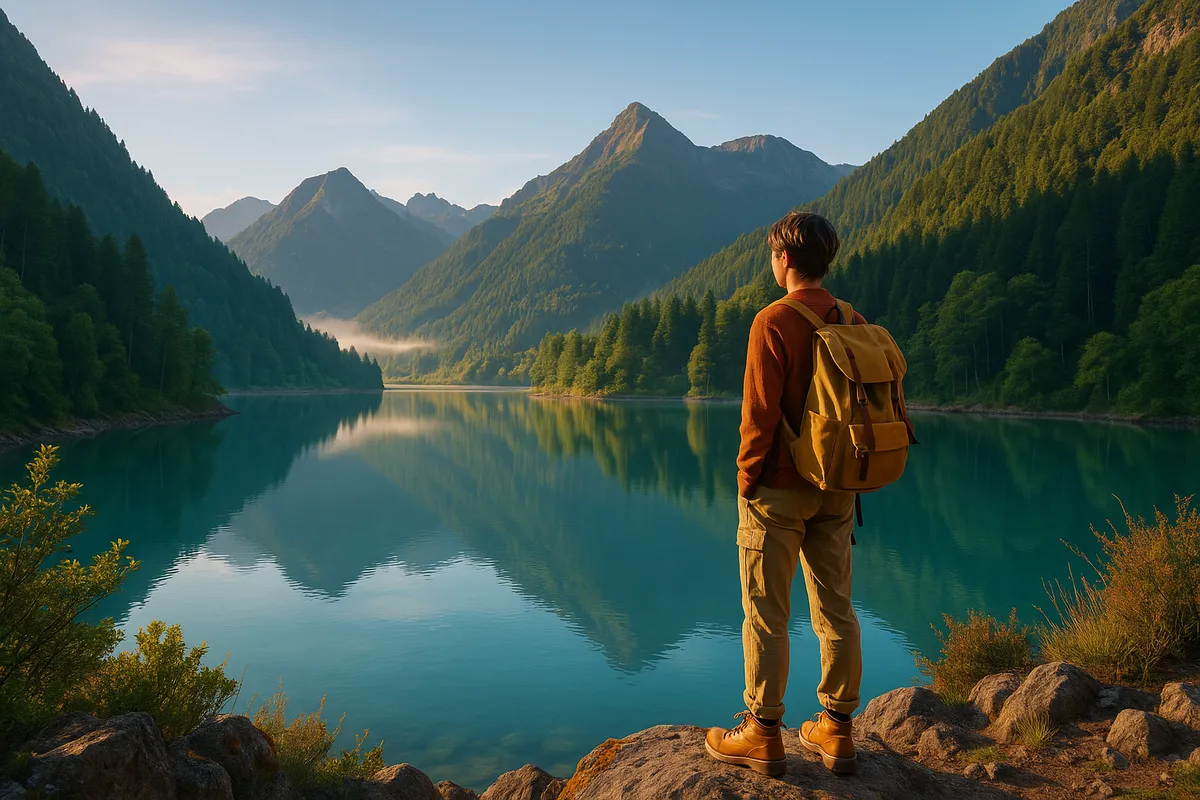
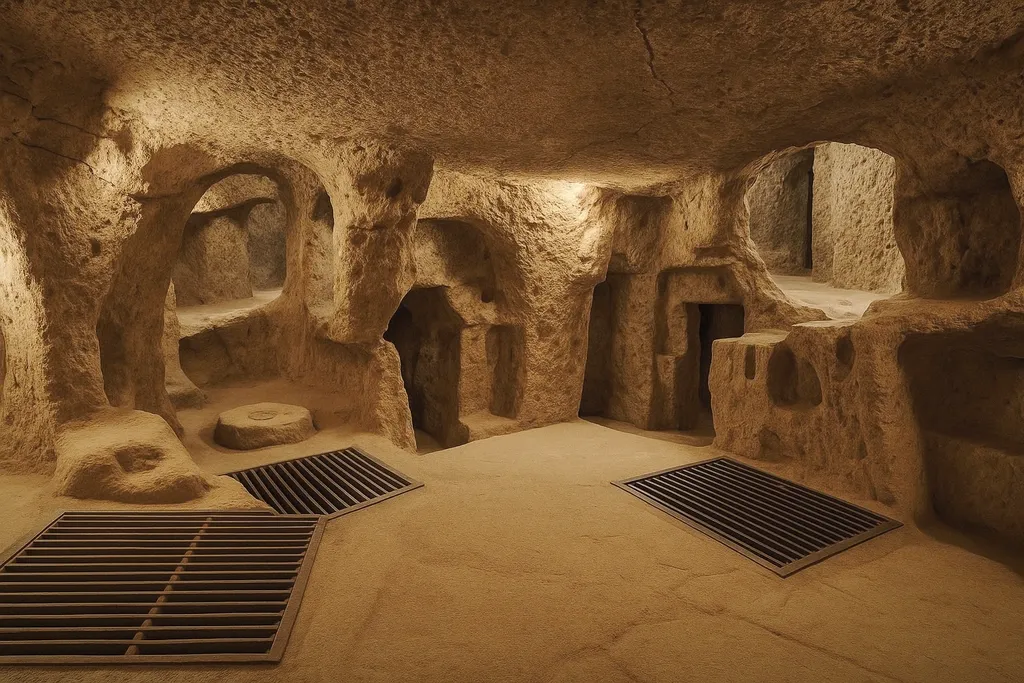
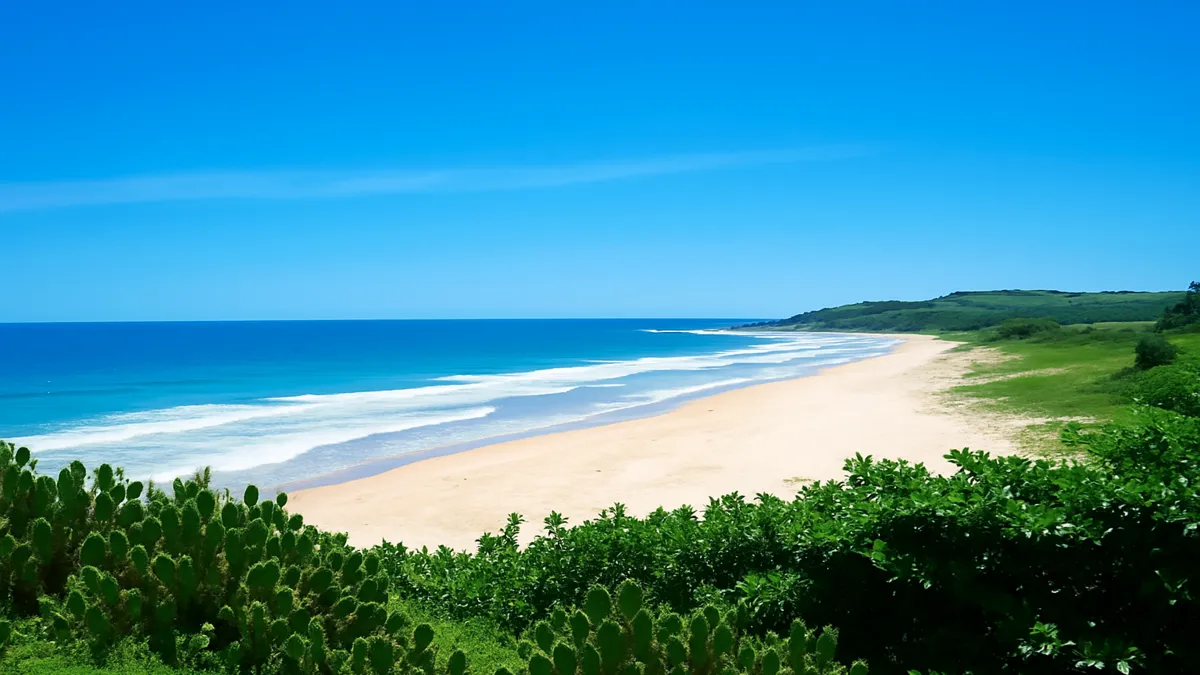
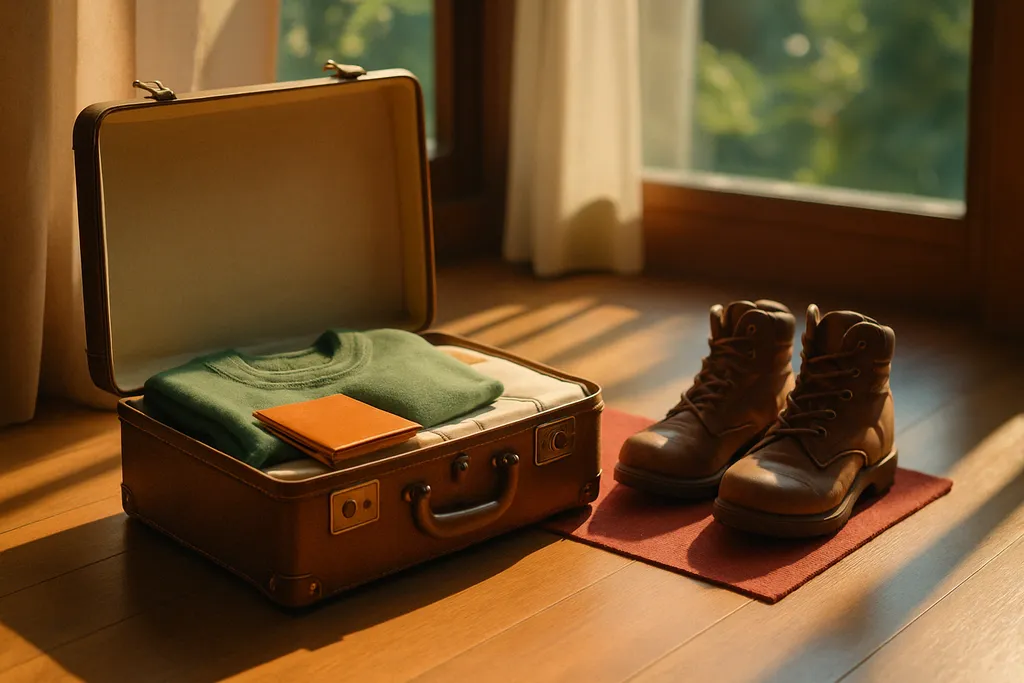

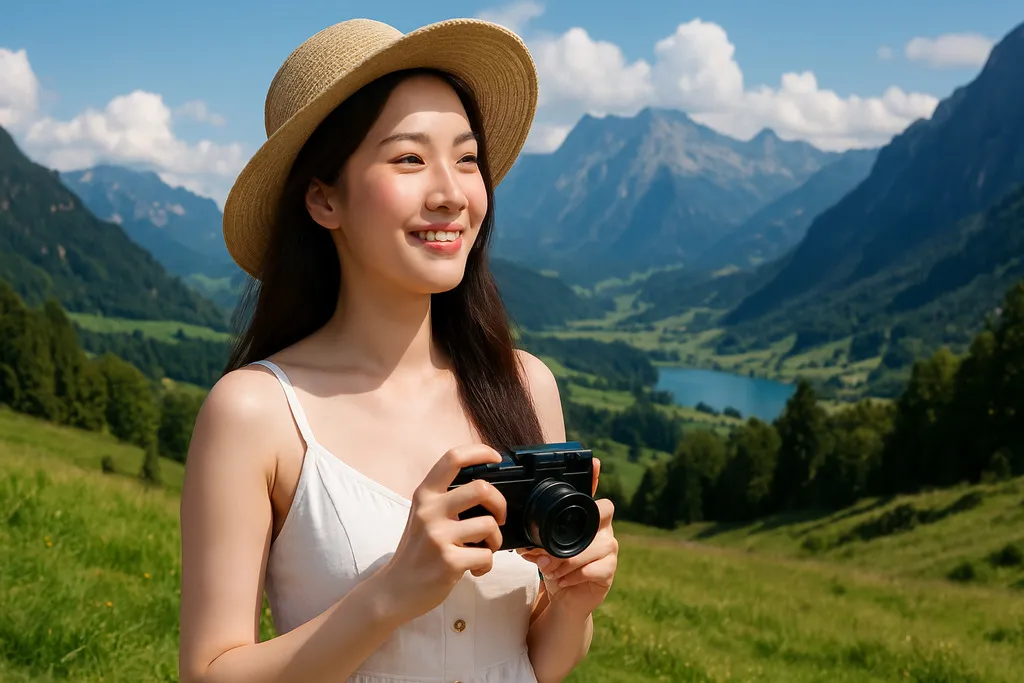

Share on